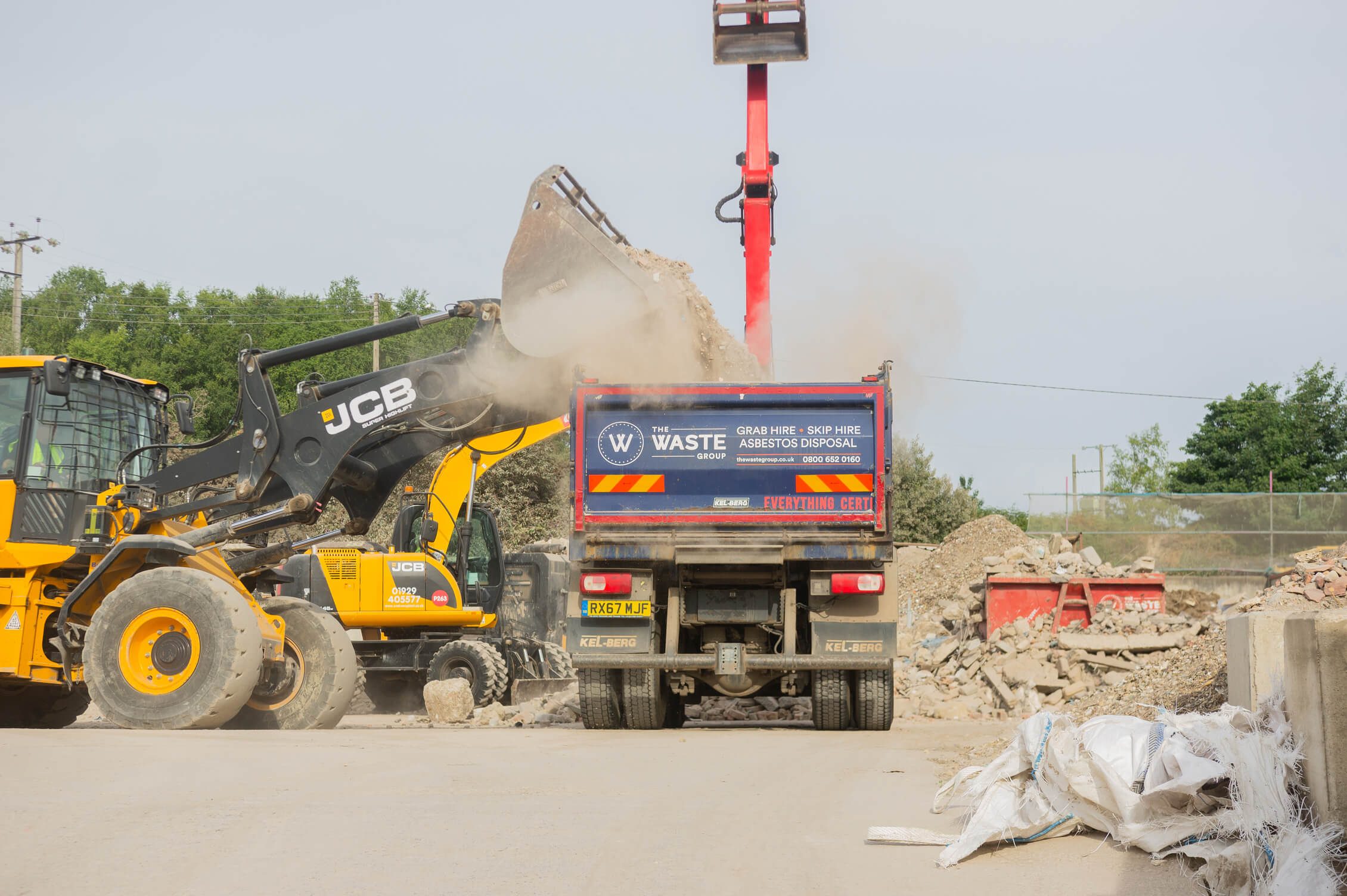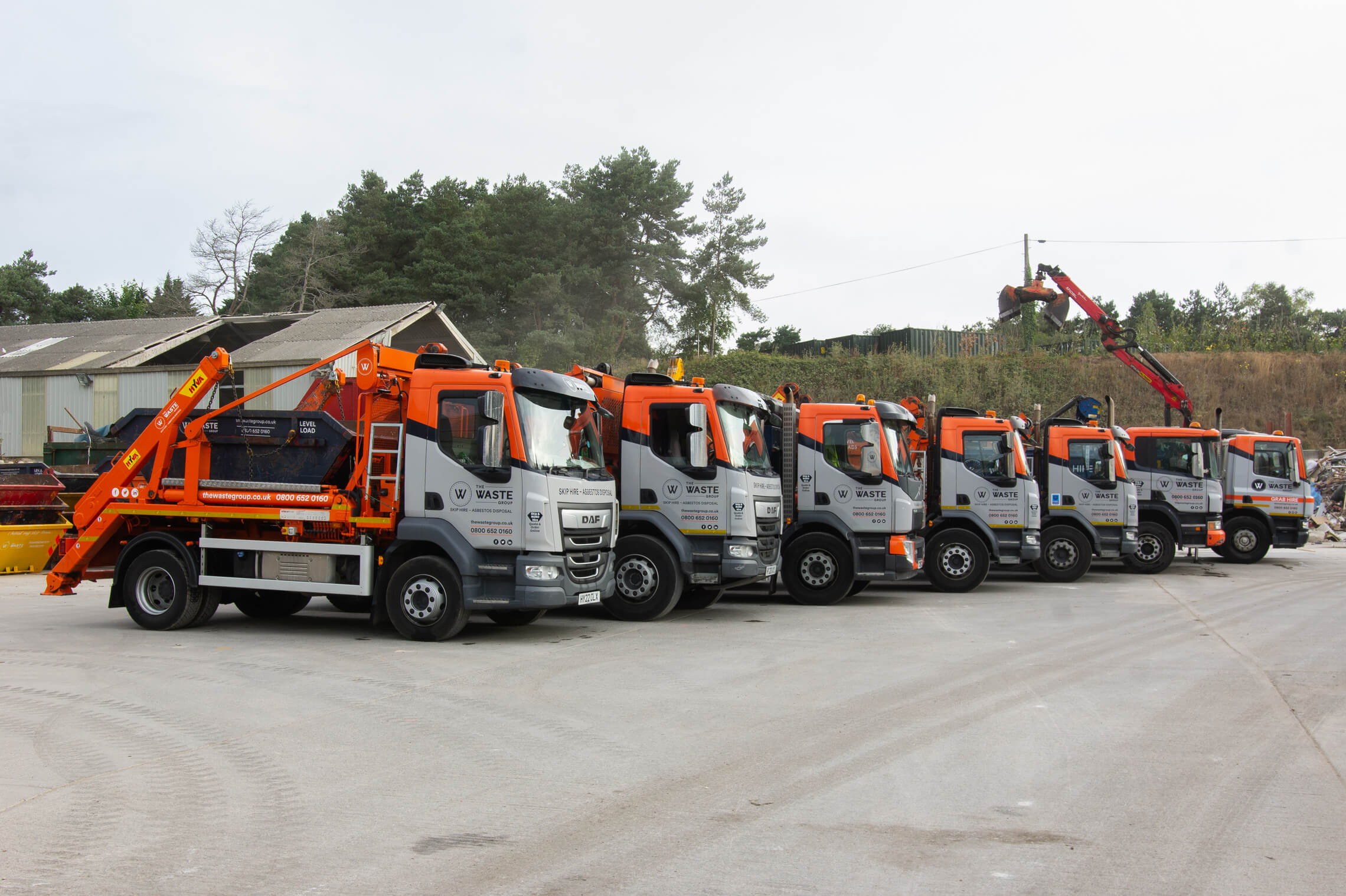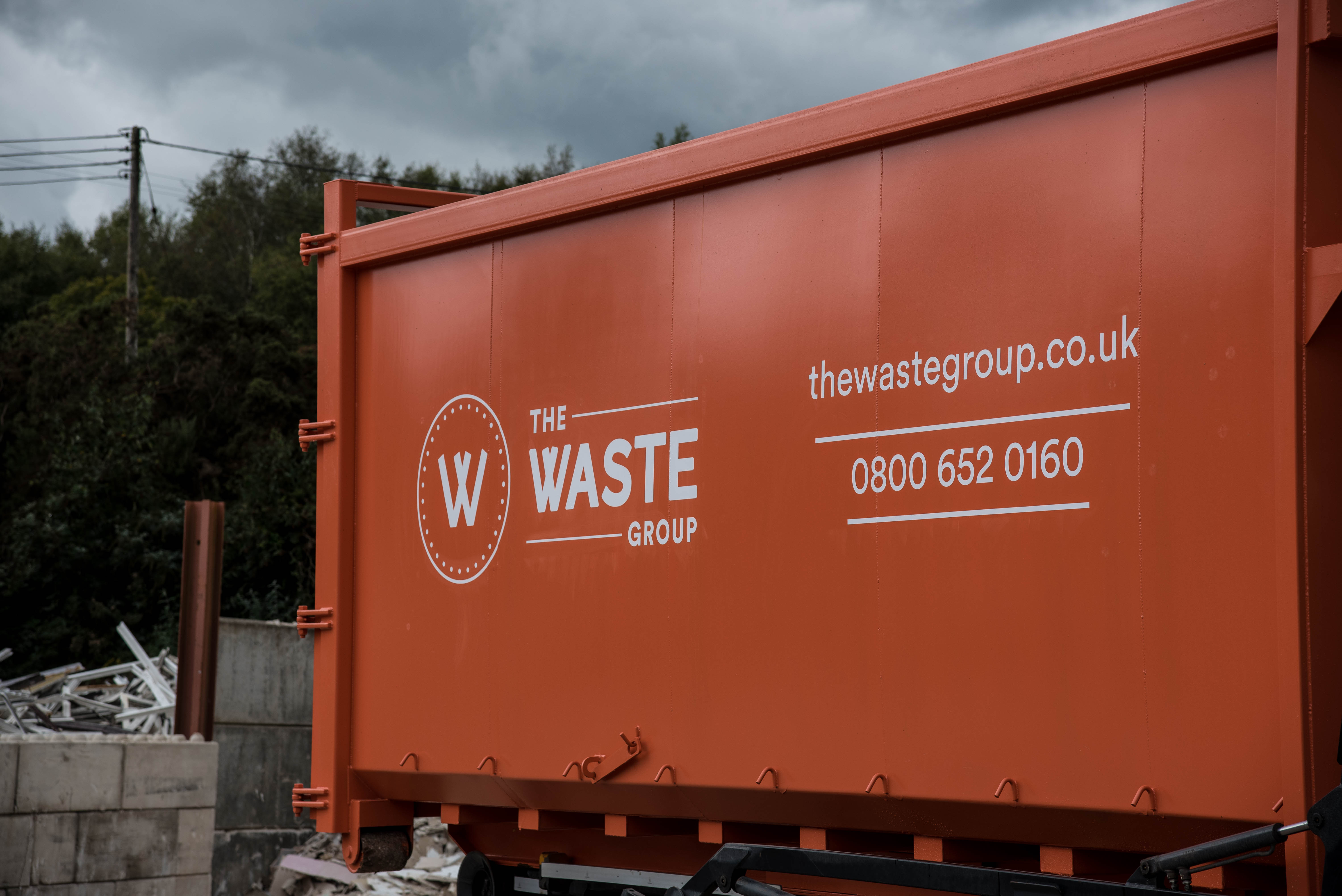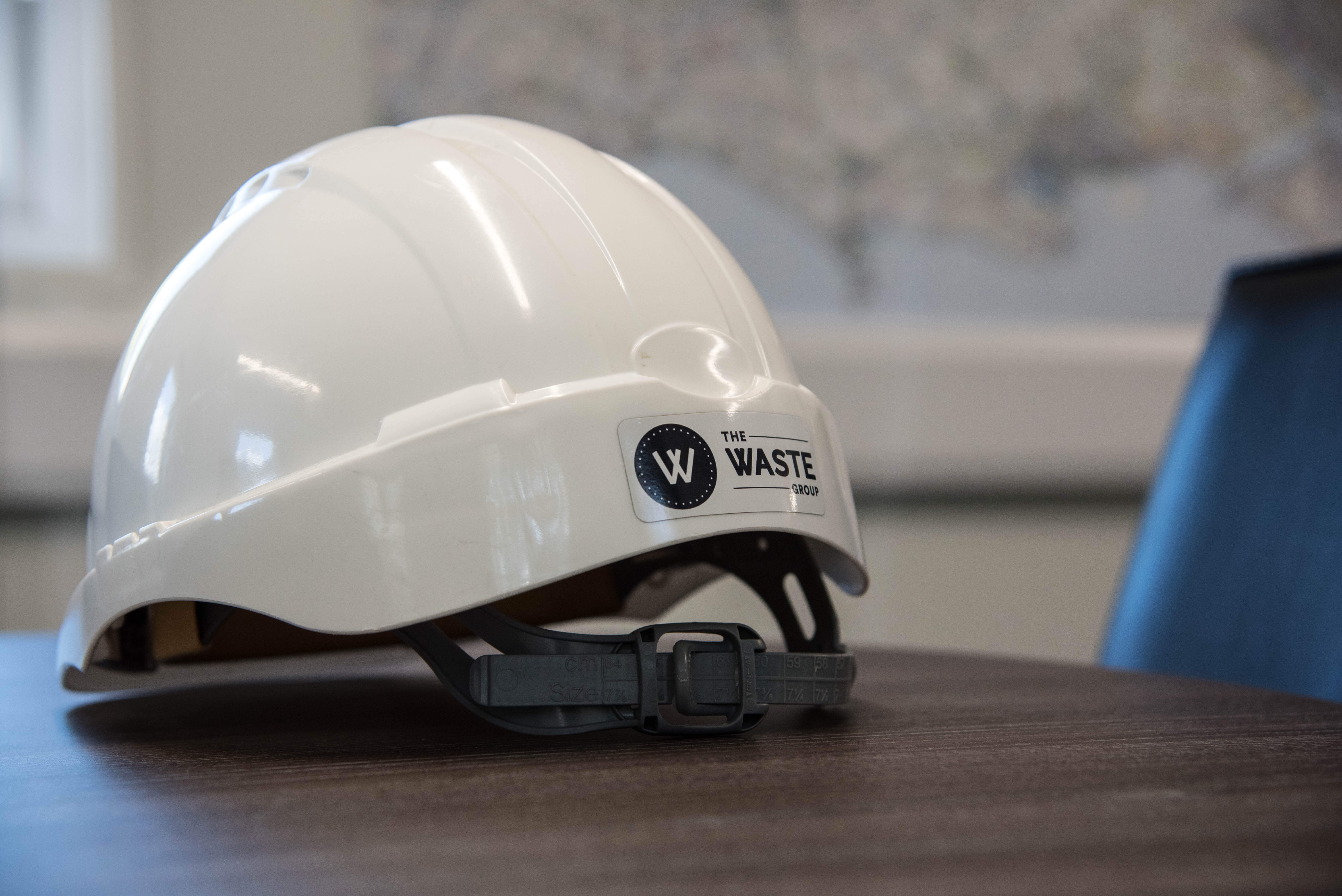Construction Site Waste Segregation: Why It Matters for Compliance and Efficiency

Construction Site Waste Segregation: Why It Matters for Compliance and Efficiency
The construction industry produces huge amounts of waste every year. From demolition debris to excavation spoil, managing construction waste responsibly is essential for keeping projects on time, compliant, and environmentally friendly. The way you remove and segregate your waste not only affects your environmental impact but can also have a major influence on your waste disposal costs and overall project efficiency.
Don’t throw time and money into the skip along with your demolition waste! This guide explains why waste segregation on construction sites is so important, how it affects your compliance with UK regulations, and how to set up an effective Site Waste Management Plan (SWMP) to keep your project efficient and sustainable.
How Waste Management Practices Affect Compliance
In England, construction projects valued over £300,000 are legally required to have a Site Waste Management Plan. SWMPs are designed to reduce the amount of waste sent to landfill and ensure proper handling of hazardous materials. Having a documented plan not only keeps you compliant but also demonstrates your commitment to environmental responsibility.
A comprehensive SWMP should outline:
- Who is responsible for construction waste disposal
- What types of waste will be produced on site
- How each waste type will be managed — reduced, reused, recycled, or sent to landfill
- Which contractors will manage waste collection and recycling
- How waste volumes will be monitored and reported
Ignoring the SWMP requirement can be costly. Noncompliance fines can reach up to £50,000, and crews can face additional penalties for failing to provide a copy of the plan on request. The Waste Group can help you design and implement a compliant SWMP that meets all legal requirements while keeping your site organised and efficient.
Understanding Waste Categories
As part of your SWMP documentation, you’ll need to categorise your waste using the List of Waste (LOW) or European Waste Catalogue (EWC) code. This system classifies waste types based on their origin, composition, and level of hazard. Proper categorisation ensures safe handling and prevents environmental contamination.
Each waste type should be recorded with details such as:
- Whether the waste is hazardous or contains persistent organic pollutants (POPs)
- The type of premises that produced it
- The name and description of the waste material
- The process that generated the waste (e.g. demolition, excavation)
- Any special disposal or handling requirements
Mixing hazardous and non-hazardous waste is illegal and can result in fines and remediation costs. Even mixing non-hazardous waste types can cause inefficiencies, as each must be disposed of separately. For official guidance, visit the GOV.UK Waste Classification Guide. The key is segregation — sorting waste from the start.
Segregation: The Key to Efficient, Low-Waste Construction
Proper waste segregation at the source simplifies disposal and recycling, reducing overall project costs. When your team knows exactly where to place each waste type, they spend less time sorting and more time building. A cleaner site is also a safer site and helps demonstrate compliance with the Environmental Protection Act 1990.
Separating waste materials such as concrete, metal, wood, and plastics ensures recyclable items are processed correctly, minimising landfill contributions and lowering disposal fees. With recycling costs typically lower than landfill fees, segregation directly improves your bottom line.
Collect Recyclable Materials Separately
Start your project with a plan for each waste stream. Set up individual skips or storage containers for recyclables like concrete, metals, wood, and plastics. This approach makes recycling easier and more cost-effective once the materials leave your site. The Waste Group’s construction skip hire service supports efficient on-site segregation and collection across Dorset and the South West.
Call in the Specialists for Hazardous Substances
Hazardous materials require careful management to protect both workers and the environment. Partnering with a licensed waste management company like The Waste Group ensures that substances such as asbestos, chemicals, and contaminated soil are handled safely and in full compliance with UK regulations. We’ll also provide you with the necessary certification for responsible disposal.
Top Tips for On-Site Waste Segregation
- Set up clearly labelled bins or skips for each waste category
- Display signage to help crews identify correct disposal points
- Train staff on waste segregation practices and update regularly
- Monitor waste volumes to identify areas for reduction or improvement
Effective waste management doesn’t just tick a compliance box — it saves time, money, and resources. Speak to The Waste Group today about creating an SWMP and implementing efficient waste segregation on your site. Together, we can help you build a more sustainable future.
Frequently Asked Questions About Construction Waste Segregation
Why is waste segregation important on construction sites?
Segregating waste improves recycling rates, reduces landfill costs, and helps construction companies comply with environmental regulations. It also keeps worksites cleaner and safer.
What is an SWMP and do I need one?
A Site Waste Management Plan (SWMP) details how a construction project will handle waste. Projects in England valued over £300,000 must have one to comply with waste legislation.
What types of construction waste can be recycled?
Common recyclable materials include concrete, bricks, metal, wood, glass, and plastics. Sorting these materials at the source makes recycling easier and more cost-effective.
How should hazardous waste be handled?
Hazardous waste such as asbestos, chemicals, or contaminated soil must be separated and collected by a licensed waste management provider. The Waste Group ensures full legal compliance and provides disposal certificates.
How can The Waste Group help with waste segregation?
The Waste Group offers expert advice, skip hire, and recycling solutions for construction projects. We help contractors set up efficient waste segregation systems and compliant SWMPs.



